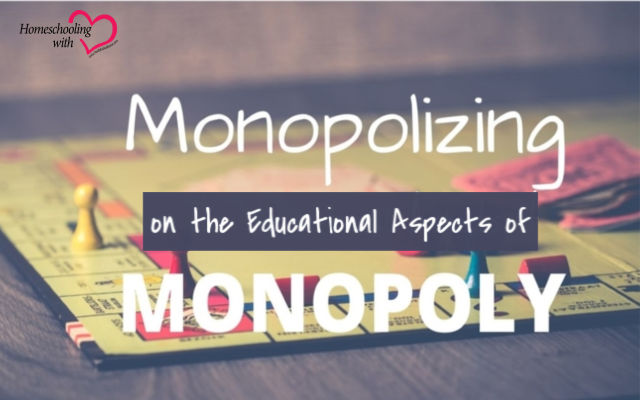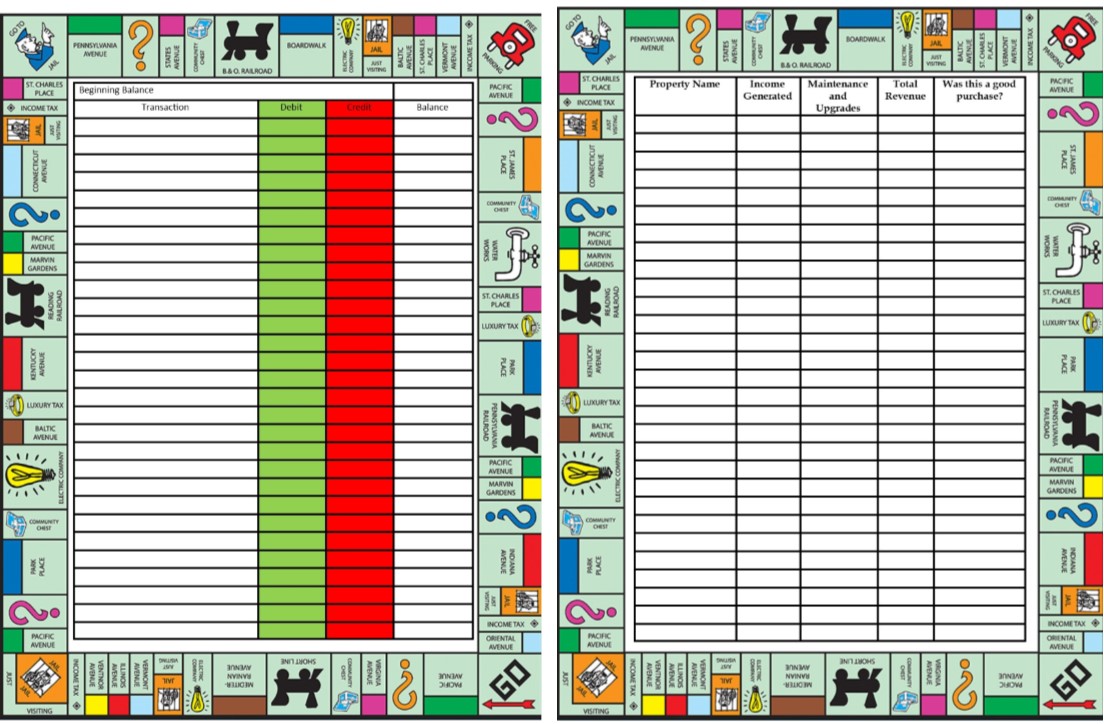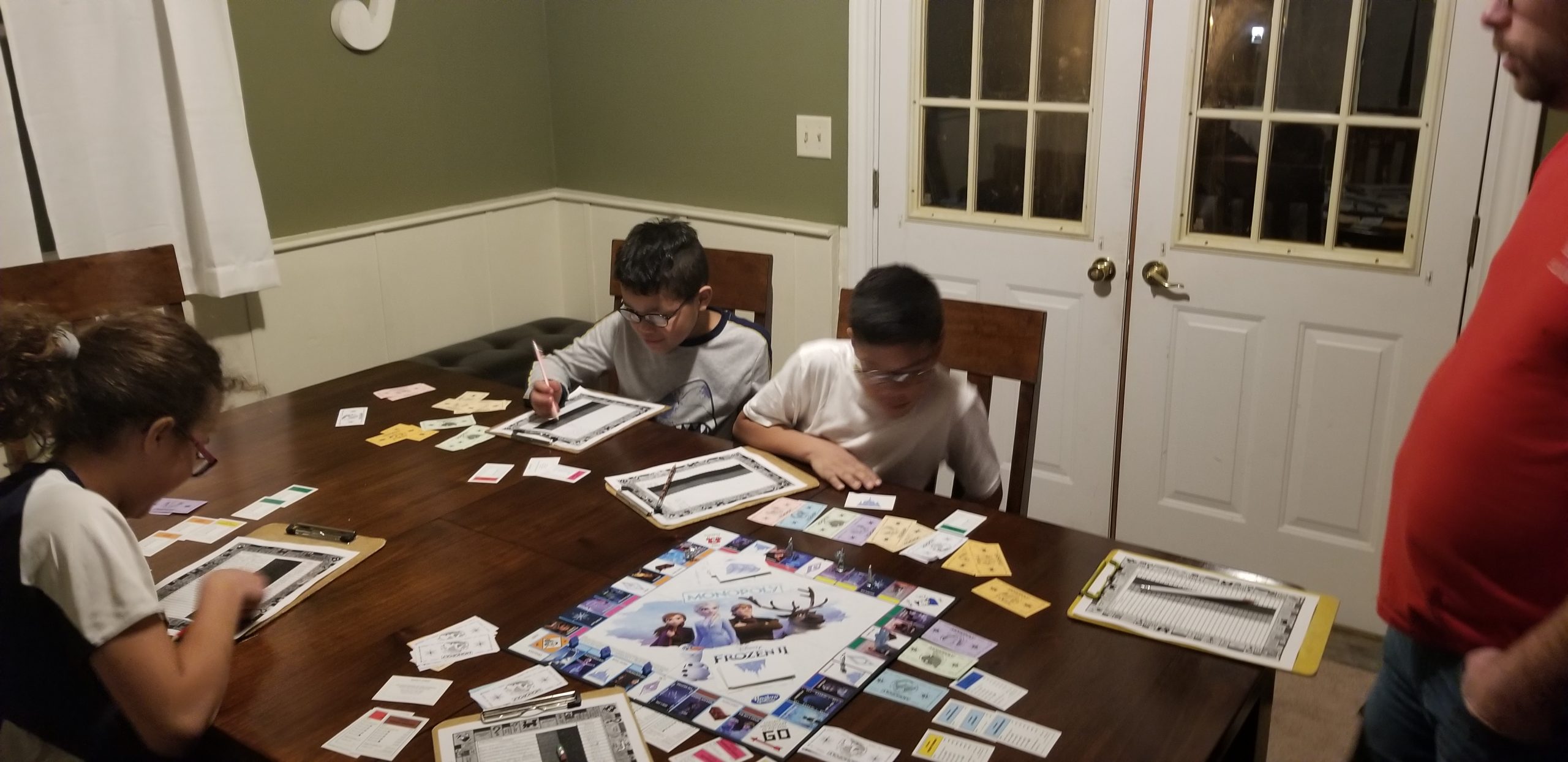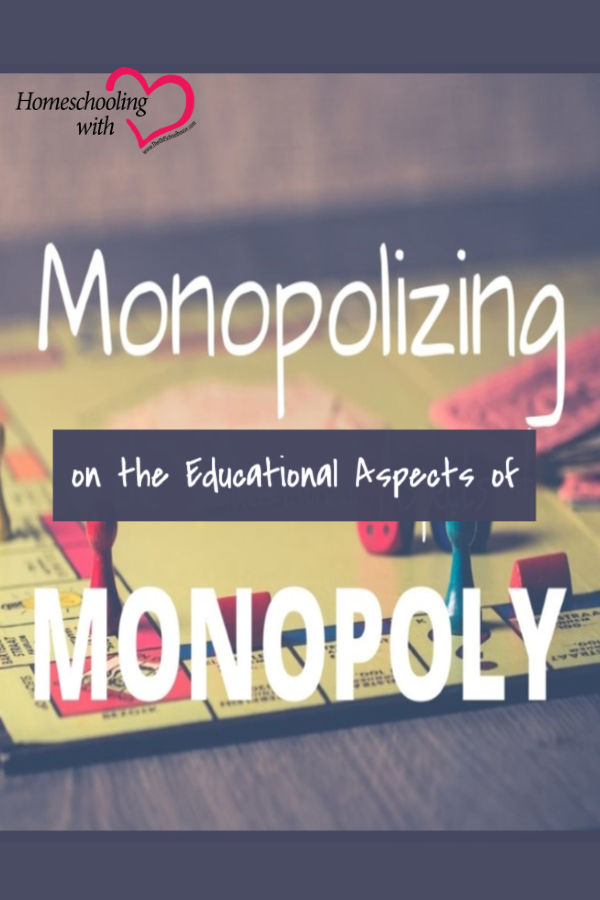Monopolizing on the Educational Aspects of Monopoly


February 6th marks the 85th anniversary since the beloved game Monopoly was first sold in stores. However, the earliest known version of Monopoly was entitled The Landlord’s Game. It was first patented in 1904, by Elizabeth Magie. The idea behind The Landlord’s Game was to show the impact of economic rent, economic privilege, and land value taxation. Between the years of 1904 and the 1930s, many games similar to the concept of Monopoly were created. However, it was not until 1935 that Monopoly was sold in stores by Parker Brothers.
Throughout its history, hundreds of editions of Monopoly have been created and marketed. Fans of shows like Friends and the Golden Girls can immerse themselves into the game with their themed variations. There also variations such as the Electronic Banking Edition that makes the game more up-to-date and relative to our digital culture.
Despite the many variations, the gameplay is still the same. Players work to build an empire by purchasing properties and expanding upon those properties.

Growing up, Monopoly was one of the games that our family bonded around. We still tell stories of the time my dad landed on Boardwalk with a hotel, and it completely wiped him out. The end result was his iconic horseman playing piece being embedded in the wall. My dad was not a violent man; however, he did not take that loss particularly well.
Monopoly is my husband’s favorite game, and I must admit that I groan when he mentions he wants to play it. We have had so many variations of the game throughout the years. We have played for hours at a time, even putting games on hold to finish at another time.
Our children have begun to understand the fascination with Monopoly, and it was a recent game between my husband and my daughter that helped me see the educational aspects that I could take advantage of. Throughout game play, the user must use many mathematical skills such as addition and subtraction, making change, and probability. In addition, it can be used to teach children about budgeting, revenue, credits/debits, investments, and many other economic principles.
This former public-school teacher took these ideas and created two tracking forms that would help my children gain a better understanding of finances. While using these forms will make the game longer, the educational implications will be worth it.
Each turn, players must track any transactions they make, whether it be a purchase, paying rent, or generating revenue. They must provide detailed notes such as paid rent for Kentucky Avenue. The players must also indicate whether the transaction was a debit or credit and must maintain a running balance of their cash assets. (Checkbooking 101, anyone???)
At the end of the game, the players must use their transactions to analyze each property to determine if the purchase of that property was a wise investment. They will determine how much income the property generated, how much maintenance and upgrades cost, and the total revenue of that property.

Since the game of Monopoly can last for hours, you can opt to play the game for a specific duration of time. This would help prevent children from becoming bored with the game or becoming overwhelmed with the amount of transaction tracking that they must do.
When we played, my daughter loved tracking the transactions; then again, she was getting a lot of rental property income. My sons, however, did not like tracking their transactions. They could physically see their money dwindling.
The benefits of playing Monopoly as a family far outweigh the educational implications. Playing games as a family helps create lasting memories for your children and you. In addition, playing games allows opportunities for conversations without distractions. Phones are put away. Televisions are off. The only noise is the sound of the laughter and voices of your loved ones.
Healthy competition and teamwork skills are other benefits of playing family game nights. These skills are important for children to develop, especially in the safety of their own families. Having these safe places to sort through the feelings of loss and failure with allow the child to process these feelings and overcome the negative implications. Teaching children that winning does not provide you with the right to chastise others is also a necessary skill. Loosing is just as important as winning, and both provide educational and emotional growth.
Joanna Yates – I am a 36 year old mom of 3 beautiful children. My husband and I adopted our 3 children from foster care. We live in Kentucky, but live to vacation anywhere with a beach. I taught public school for 12 years before stopping to homeschool my children. I am a Christian.














































